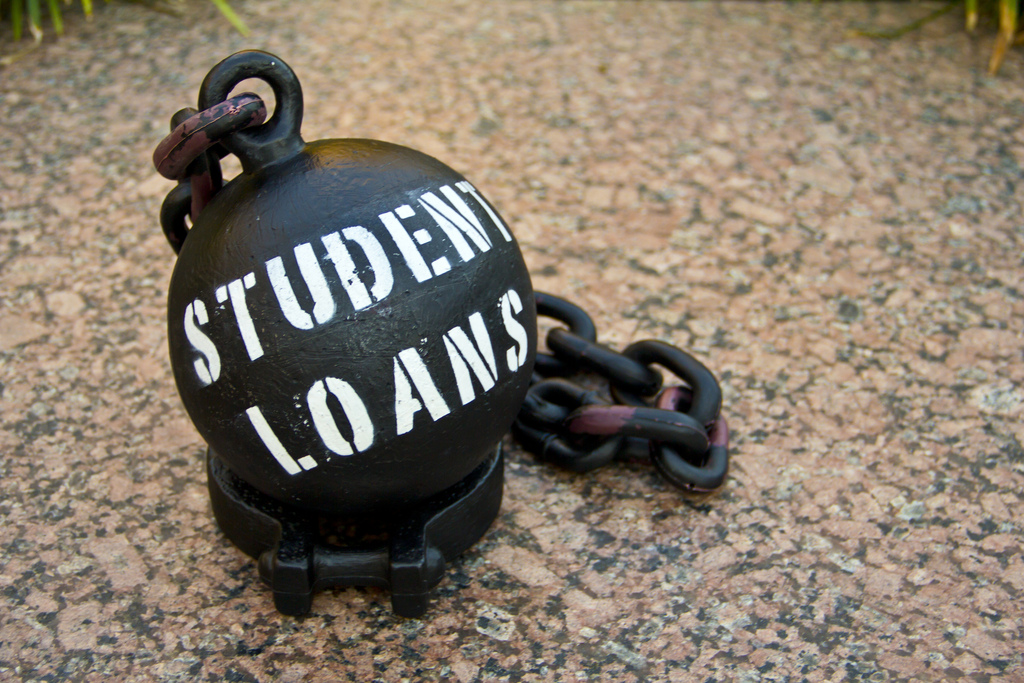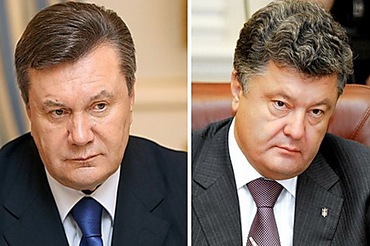In response to the increasing number of Canadians purchasing one-way tickets to Syria to join the ranks of ISIS, the RCMP is enhancing domestic counterterrorism strategies to disrupt the radicalization process, which threatens not only vulnerable targets but also the overall Canadian public.
Kara Chiki
Kara Chiki is currently a graduate student at the Munk School of Global Affairs at the University of Toronto. She previously graduated from Wilfrid Laurier University’s Honours Bachelor of Business Administration Program with a concentration in International Business. She has studied on four different continents, including North America, Europe, Africa and Asia. Her primary interests are macroeconomics and finance, in particular, the instruments used to enhance financial inclusion within developing economies.
A Canadian Gun Culture?
The recent fatal shooting of an innocent young woman in Toronto’s downtown entertainment district reminded Canadians of the impact the current national gun policy is having on cultural values and societal welfare.
Debt Fret: The Economic and Social Implications of Canada’s Growing Student Indebtedness
With students relying less on their parents and familiar networks for post-secondary support, pressure is building in the banking and public sector to support this mounting debt.
Vote for Distrust
Kara Chiki on the Decrease in Trust for Publicly-Sourced Information and the Weakening Impacts on our Democratic System
A Bruised Thumb and a Stubbed Toe: An Assessment of Ukraine’s Political Leadership during 2013-2014
Kara Chiki asses the Presidencies of Viktor Yanukovych and Petro Poroschenko based on their response to protests, their responsibility for civilian deaths and their economic plans for Ukraine.
Preparing for Canada’s Indefinite Commitment to Climate Change Part 2: Something Borrowed & Something Blue
Kara Chiki continues her comparison of Canada’s commitment to climate change to that of a healthy marriage, focusing on the strategies we could and should be borrowing from the United States.
Preparing for Canada’s Indefinite Commitment to Climate Change Part 1: Something Old & Something New
Kara Chiki compares Canada’s commitment to climate change to that of a healthy marriage, based on trust and mutual benefit.






